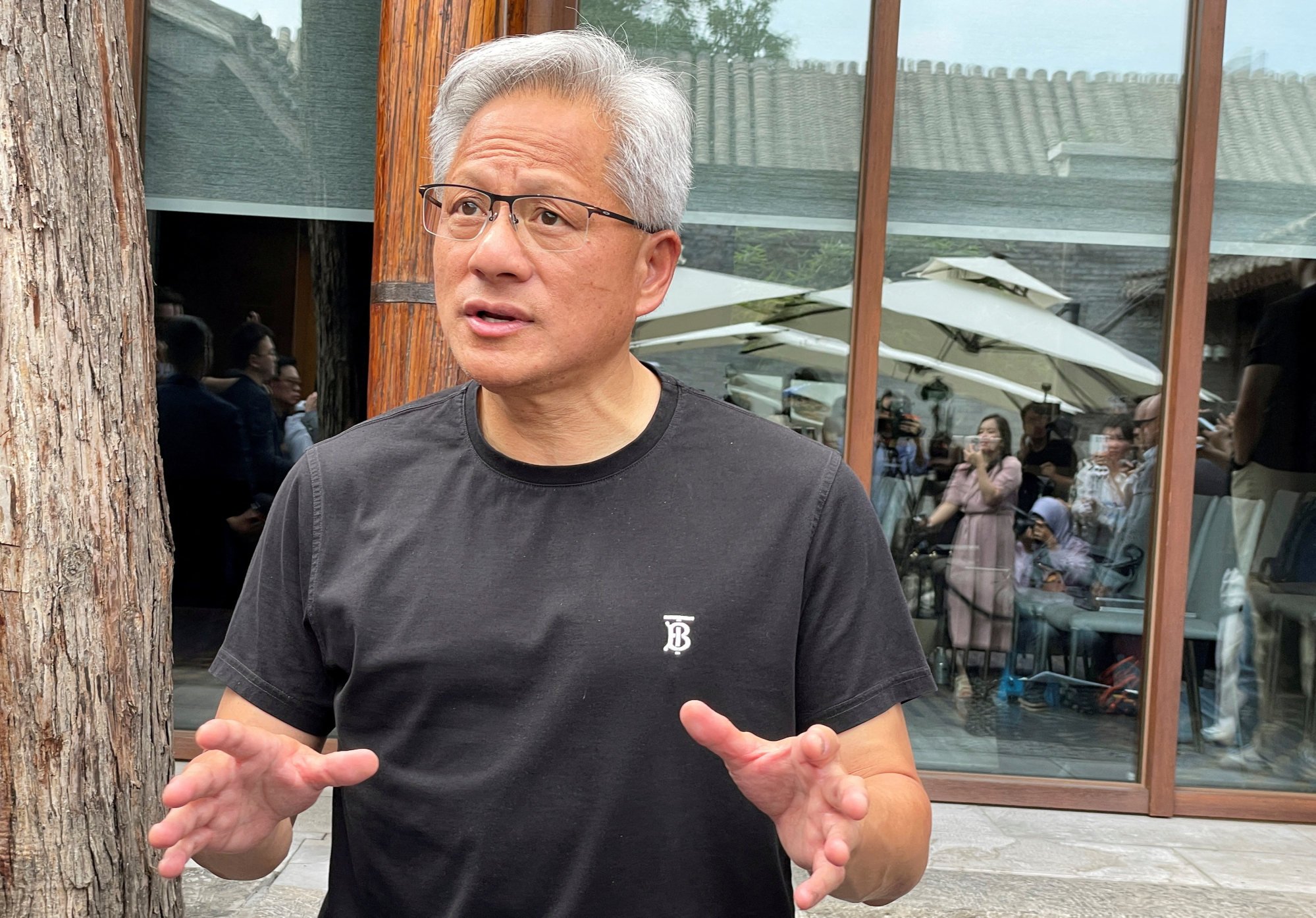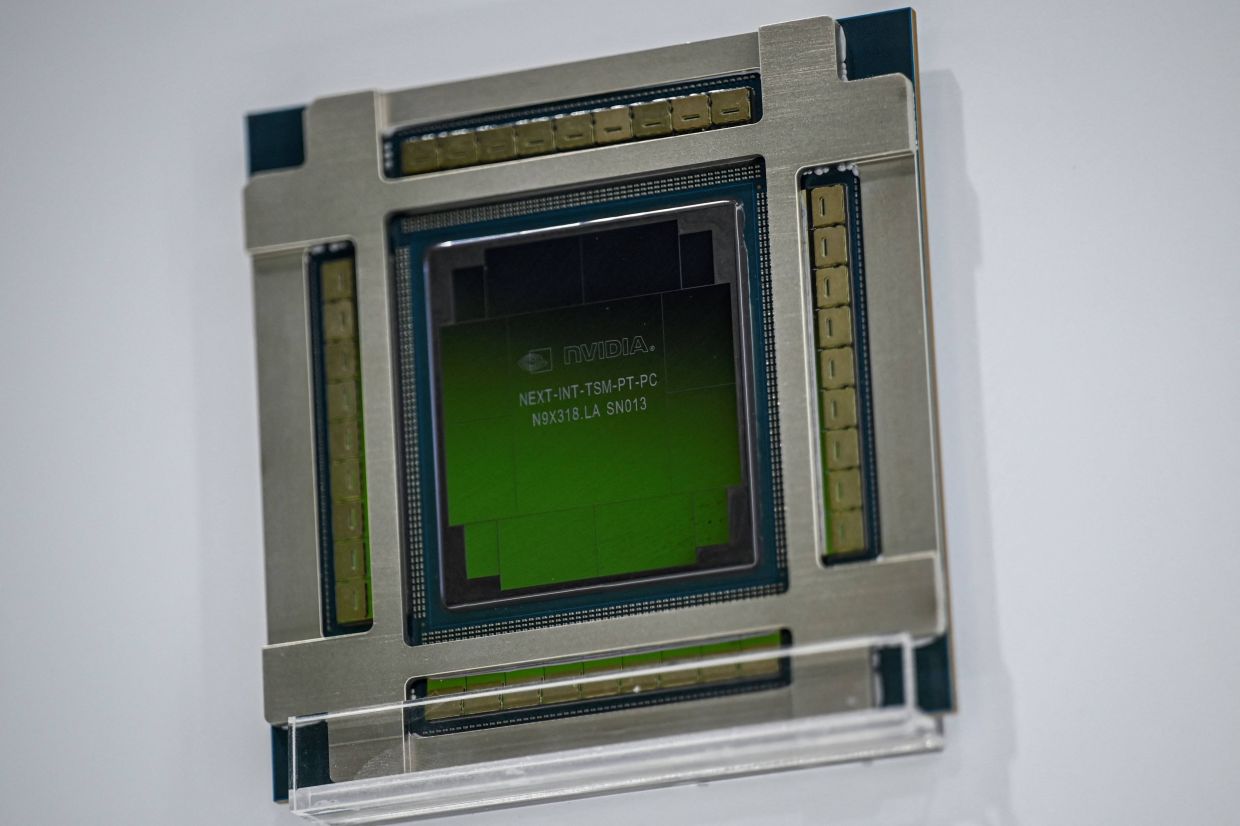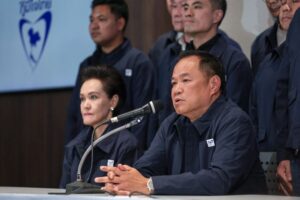Nvidia said its chips had no “back doors” after China‘s cyberspace regulator interviewed company representatives over alleged security risks associated with its H20 chips, which were tailor-made for Chinese customers, although it remains unclear what impact Beijing’s mistrust of the US firm will have over time.
“Cybersecurity is critically important to us,” an Nvidia representative said in an email to the South China Morning Post on Thursday night. “Nvidia does not have ‘back doors’ in our chips that would give anyone a remote way to access or control them.”
The statement was in response to a regulatory move by the Cyberspace Administration of China (CAC), the agency responsible for the country’s cybersecurity.
The Chinese regulator said on Thursday that it had summoned and interviewed Nvidia regarding the potential tracking and remote control functions of its H20 chips, a surprise move as Nvidia had just received the green light from Washington to export the chips to clients in China.
Nvidia’s shares were down 0.8 per cent on Thursday in New York.

The latest development highlights the challenges faced by Nvidia, the world’s most valuable company in terms of market capitalisation, in trying to please both Washington and Beijing amid intensifying US-China rivalry in artificial intelligence and hi-tech.
While China needs Nvidia chips to build out its computing infrastructure, Beijing remains committed to the long-term goal of tech self-sufficiency by reducing its reliance on imported American equipment and technologies.
In the latest example of that, a group of Chinese semiconductor and AI companies – including Huawei Technologies, Cambricon Technologies and Moore Threads – formed an alliance to push for the adoption of locally developed processors for AI projects.
China’s cyberspace administration did not specify the source or evidence for its concerns about back-door security threats associated with Nvidia chips.
In May, a bipartisan group of US lawmakers introduced a bill that would require makers of AI processors to incorporate tracking technology in their chips before export. The proposal aimed to address reports of US export-controlled AI chips being smuggled into China via third countries. But Nvidia has never said that its H20 chips have such tracking functions.
The summoning of Nvidia was the latest example of the long-lasting mistrust between Beijing and Washington over the other’s tech hardware.
The US has banned the use of Huawei gear in the American telecommunications network, while new guidelines from the administration of US President Donald Trump implied that the use of Huawei’s Ascend AI chips “anywhere in the world” could be a violation of US export controls.
For its part, China accelerated the process of replacing imported technologies in its key infrastructure facilities about a decade ago, after former US National Security Agency contract employee Edward Snowden exposed the global spying practices of the US.
In May 2023, the CAC said products from another US chip giant, Micron Technology, failed a national security review, resulting in a sales ban of its products to key infrastructure operators in China. – SOUTH CHINA MORNING POST






